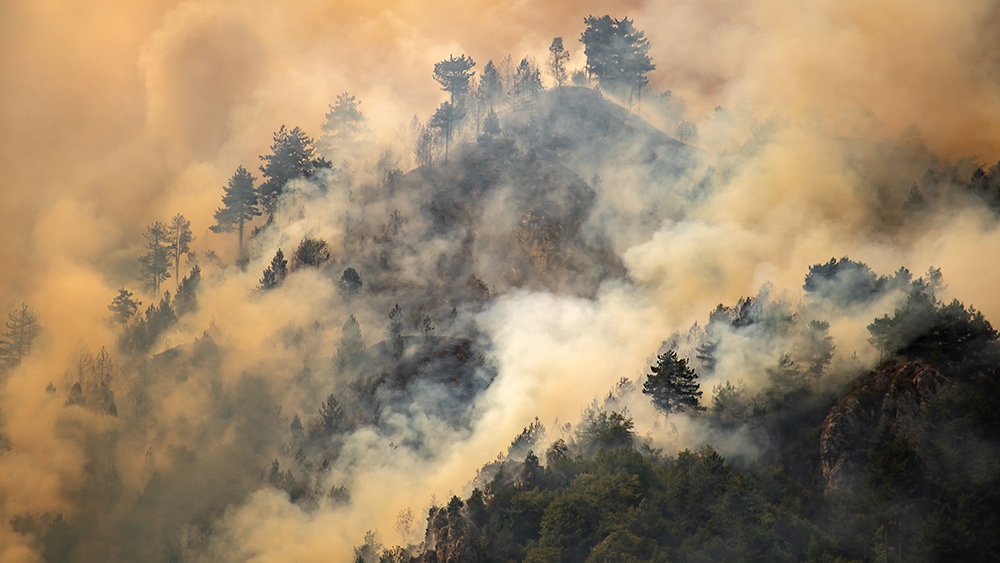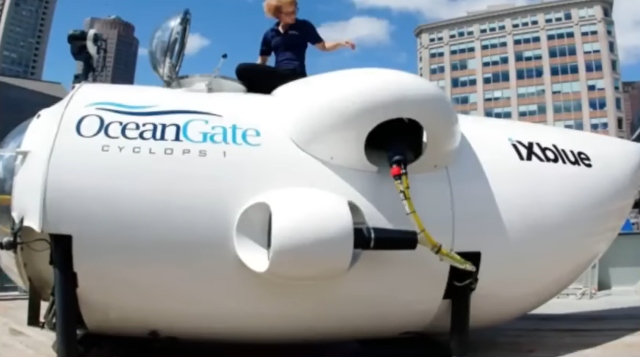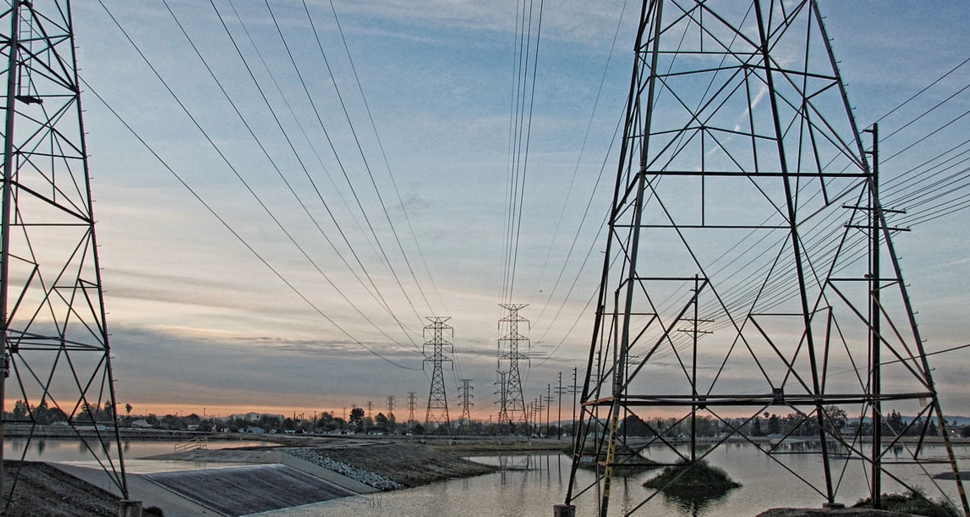 Parler
Parler Gab
Gab
"Renewable" energy is UNRELIABLE energy
Fortunately for New England, solar amounts to only about 3 percent of overall power generation across the region, so the losses are minimal. However, if the left gets its wishes, all energy generation will become some combination of solar and wind, both of which fail to work when weather conditions are less than optimal. Keep in mind that coal, oil, and gas all run no matter what the weather is like. It is only "renewable" energy that has trouble keeping up when the air is stale or when there is so much smoke in the sky that you can barely see the sun anymore. Weather conditions must be perfect, in other words, for "renewable" sources to be reliable. Since the weather is always changing, "renewable" energy output will also always be highly variable. One of the hardest-hit states right now is New York, which lost 1,466 megawatts (MW) in solar production between June 6 and June 7. "For a sense of scale, a single megawatt is roughly enough electricity to power 800 to 1,000 homes," reported The Verge. On the flip side, all that smoke has reportedly lessened temperatures throughout the region, which means fewer people are having to run their air conditioning units just to stay cool. Not that you can open windows with all that smoke. The Biden regime is scheming ways to convert all of the nation's electricity to "pollution-free" sources like solar by the year 2035 – even though it requires a whole lot of "dirty" energy to make all those solar panels in the first place. Back in September 2020, historic wildfires in California cut solar power generation in the Golden State by about 30 percent. Unlike New England, California relies much more on solar energy, which amounts to about 14 percent of the state's energy production. During that same year, a record number of blackouts occurred from all the extreme weather and associated fires. So-called "green" energy is not all it is cracked up to be. Learn more at SolarPanels.news. Sources for this article include: Bloomberg.com NaturalNews.com TheVerge.comCanadian wildfire smoke continues to affect air quality in US cities
By Zoey Sky // Share
Survival essentials: A list of must-have items for your bug-out bag
By Zoey Sky // Share
New Illinois law mandates electric vehicle charging stations in all new and renovated homes
By Laura Harris // Share
Governments continue to obscure COVID-19 vaccine data amid rising concerns over excess deaths
By patricklewis // Share
Tech giant Microsoft backs EXTINCTION with its support of carbon capture programs
By ramontomeydw // Share
Germany to resume arms exports to Israel despite repeated ceasefire violations
By isabelle // Share










